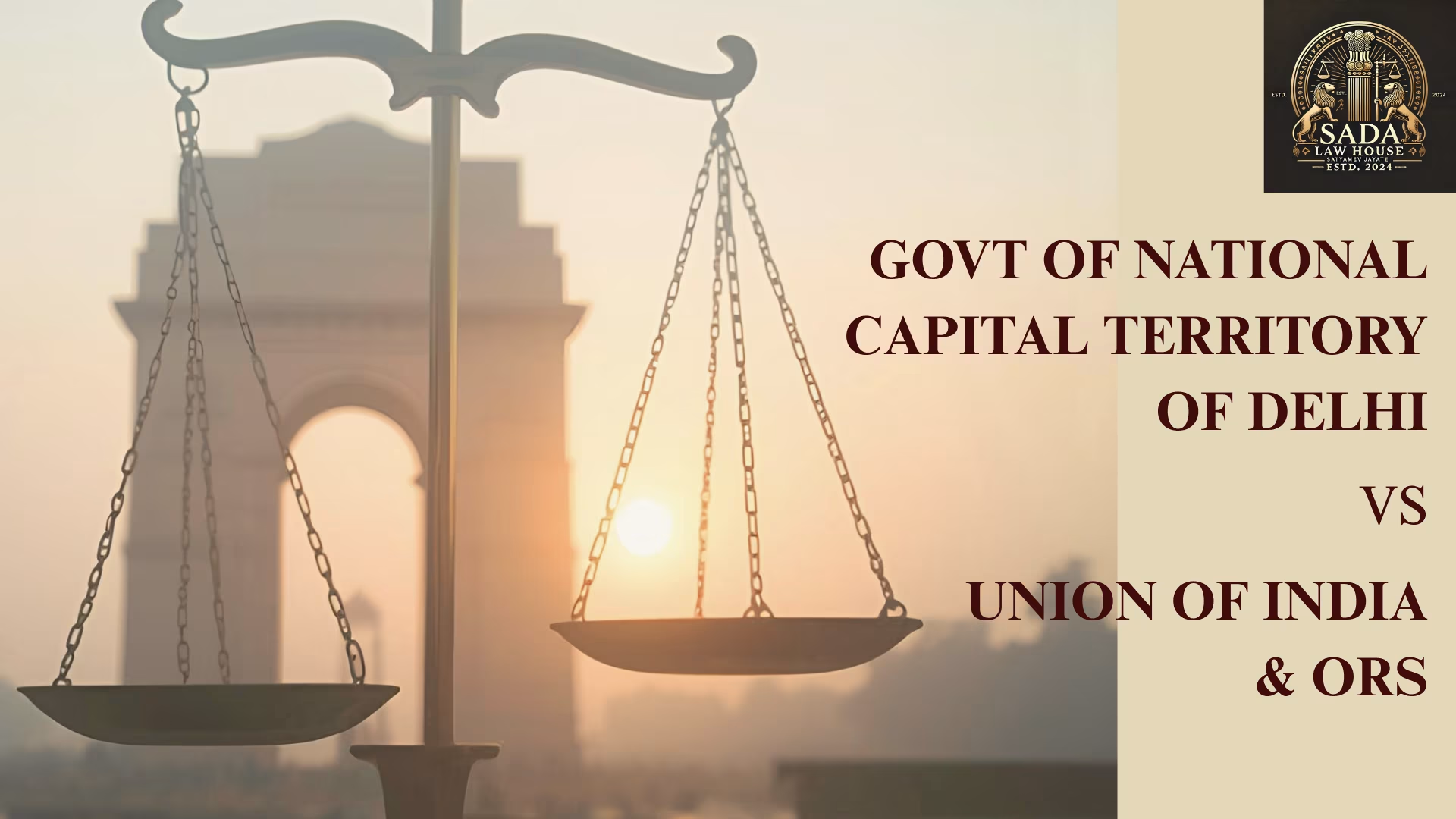Pakistan’s War Readiness in Crisis: Artillery Shortage Limits Combat Capability to Four Days
- NITU KUMARI
- 06 May 2025

Pakistan faces a critical military readiness crisis, with reports revealing the army can only sustain four days of war due to severe artillery and ammunition shortages. Learn how arms sales to Ukraine and economic turmoil have compromised national defense.
Pakistan’s War Readiness in Jeopardy Amid Severe Artillery Shortages
Military Capabilities Diminished to Just Four Days of Combat
Recent intelligence reports suggest that the Pakistan Armed Forces can sustain full-scale warfare for only 96 hours, due to an alarming shortage of artillery ammunition. This significant drop in war readiness stems largely from recent arms exports to Ukraine and outdated production facilities.
According to Asian News International (ANI), the Pakistan Ordnance Factories (POF)—responsible for producing the nation’s ammunition—are unable to meet growing domestic and international demand. Their aging infrastructure has contributed to delays in restocking critical munitions.
Artillery-Dependent Strategy Crippled by Ammunition Deficit
Pakistan’s defense strategy relies heavily on artillery and armored units, particularly to counter the numerically superior Indian Armed Forces. However, the shortage of essential munitions like 155 mm howitzer rounds and 122 mm BM-21 Grad rockets has severely undermined this capability.
Sources claim the POF’s inability to replenish stocks after selling massive quantities of munitions to Ukraine has left Pakistan dangerously exposed.
Ammunition Sold Abroad, Security Compromised at Home
In an attempt to address economic hardship, Pakistan sold significant volumes of ammunition to Ukraine, compromising its own national security. The decision to prioritize foreign arms sales over domestic defense has drawn criticism from military analysts and insiders.
Economic Crisis Deepens Military Vulnerabilities
Pakistan’s ongoing economic crisis—marked by soaring inflation, rising national debt, and dwindling foreign exchange reserves—has further weakened its military. Fuel shortages have forced the army to reduce rations, postpone war simulations, and suspend essential training exercises.
Explosive Rise in Arms Exports
Despite internal instability, Pakistan’s arms exports skyrocketed from $13 million in FY 2021–22 to $415 million in FY 2022–23. In early 2023 alone, the country reportedly earned $364 million from exports including:
42,000 units of 122mm BM-21 rockets
60,000 rounds of 155mm howitzer shells
130,000 additional 122mm rockets
Reports indicate that nearly 80% of the revenue from these sales was directed to the General Headquarters (GHQ), Rawalpindi.
Public Kept in the Dark as Leadership Prioritizes Profit
While tensions rise with India, the Pakistani public remains unaware of the nation’s dire military readiness. Analysts argue that the military elite, benefiting from export profits, have failed to communicate the strategic risks to the population.
At a Special Corps Commanders Conference held on May 2, 2025, top military leaders reportedly expressed deep concern over the lack of essential ammunition.
Former Army Chief Admitted Military Limits
Even General Qamar Javed Bajwa, former Chief of Army Staff, previously acknowledged that Pakistan lacks the economic and material strength to engage India in prolonged conflict. Intelligence sources confirm that ammunition depots have been built near the India–Pakistan border as a precautionary measure.
Strategic Warnings From Defense Experts
A top defense analyst summarized the situation:
“Pakistan sailed its ammunition to distant wars, only to find itself stranded, its arsenals empty, and its defenses teetering on the edge.”
This quote reflects the growing concern about Pakistan’s military preparedness and increasing strategic vulnerability.
Conclusion: A Dangerous Trade-Off Between Economic Gain and National Security
Pakistan’s current military posture highlights the risks of sacrificing domestic defense for short-term economic gains. As regional tensions with India continue to escalate, experts warn that the country may be dangerously underprepared for a full-scale conflict.
Case Laws






